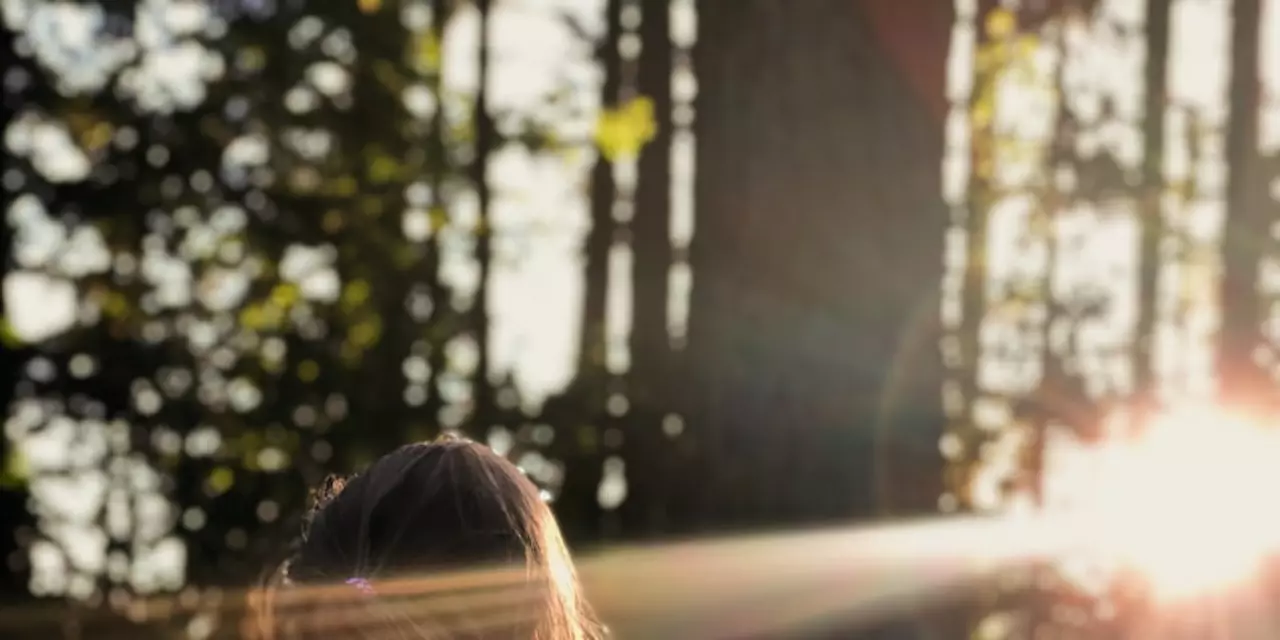Eco-Friendly Clothing: Making Better Choices for You and the Planet
Buying clothes that are actually good for the environment isn’t as tricky as it sounds. Eco-friendly clothing just means stuff that’s made to last, produced with less waste, and doesn’t trash the planet. And the best part? You don’t have to look like you stepped out of a nature documentary—urban chic works with it, too.
So, what does eco-friendly really mean? Think about organic cotton tees, recycled fabrics, and brands that actually treat workers fairly. There’s a lot of noise out there, but it comes down to choosing pieces that you’ll wear over and over—not something that falls apart after two washes. When you build an eco-friendly wardrobe, you save cash and stop adding to landfills. Double win.
Capsule wardrobes fit right in here. Instead of closet chaos, the 333 or 5 4 3 2 1 wardrobe rules help you focus on a few really good pieces. You get dressed faster, spend less, and avoid those "nothing to wear" moments. Plus, you end up buying less fast fashion junk, which means less pollution. If you’re into sneakers or boots, pick quality over quantity. A few great pairs go with almost everything.
Sustainable fashion doesn’t mean you lose your style (seriously, no one’s asking you to wear a potato sack). City life is all about finding clothes that look sharp and survive the grind. A good pair of jeans that survives years of trains, rainy days, and spilled coffee? That’s what eco-friendly looks like. Brands like Carhartt are making moves toward ethical production, but don’t forget there are smaller labels doing even more for people and the planet.
Don’t know where to start? Look for labels and certifications—organic, Fair Trade, recycled. But also think about what you actually wear versus what sits untouched at the back of your closet. Slow fashion is about skipping trends and buying for your real life in the city. Mixing big city trends with sustainable basics can still look cool, and you don’t sacrifice comfort.
Shopping secondhand or swapping clothes with friends is another hack. You save money and keep good clothes in use longer. Some thrift apps and local vintage shops have gems you won’t find anywhere else. Plus, it’s way less guilt if you want to try something new without wasting money or resources.
It’s easy to feel overwhelmed by the greenwashing out there (so many brands throw around "eco" claims). Read up, look for honest reviews or guides, and try small changes first. Focus on what fits your actual style and life. Even if you start with just one better tee or jacket, you’re already making an impact. That’s all eco-friendly clothing is—getting smart about what you buy, wearing it longer, and keeping your style real.
How to know if clothes are sustainable?
Posted by Anna Fenton on Feb, 13 2023

Sustainable fashion is becoming increasingly popular in the fashion industry. Knowing what is considered sustainable clothing is important to make sure that the clothes you buy are not only good for the environment, but also for you. This article provides tips on how to identify if a garment is sustainable. Firstly, consider the fabric that is used in the garment. Look for natural or recycled fabrics and avoid synthetic materials. Secondly, look for certifications that show the product is sustainable, such as organic or Fairtrade labels. Thirdly, research the company or brand and find out about their production process to make sure it is ethical and environmentally friendly. Lastly, look for clothes that are designed to last and can be worn for a long time. By following these tips, you can ensure that the clothes you buy are sustainable.
